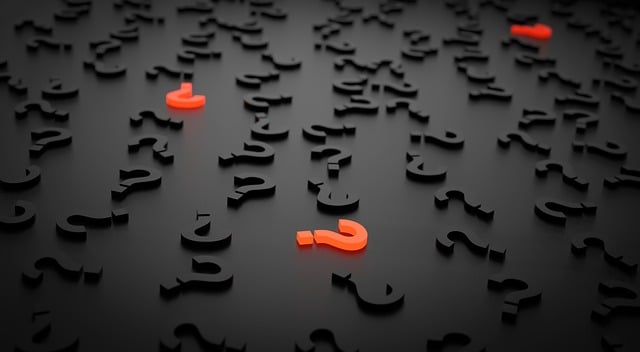Making decisions can sometimes be difficult, especially when it comes to important or complex decisions. Here are some steps that can help you make an informed decision:
- Define the problem: First, you should clearly define the problem you want to solve or the decision you need to make. The more clearly you can define the problem, the easier it will be to make a decision.
- Gather information: Gather all the relevant information you need to make an informed decision. This may mean collecting data, consulting experts or considering the experiences of others.
- List of options: Make a list of the options you want to consider. Make sure that you consider all possible options and that you compare your options with the information you have gathered.
- Evaluate the options: Evaluate each option against criteria that are important to you. These criteria can be, for example, cost, time, impact on others or meeting your objectives.
- Make the decision: After you have assessed all the options, you should be able to make an informed decision. It can be helpful to collect all the information and assessments and then put them into a decision matrix to compare the different options directly.
- Review: Once you have made a decision, you should regularly review it to see if it is producing the desired results or if adjustments need to be made.
It is also important to remember that there is no perfect decision. Sometimes you just have to make a decision and be prepared to accept the consequences. But with these steps, you should be able to make an informed and well thought out decision.
Yes – or no decision – flip a coin?
Flipping a coin to make a yes or no decision is a simple and quick method that is often used when deciding between two equally valid options. However, if you are not sure whether this method is suitable for you, you should consider the following:
- How important is the decision? If the decision will have a significant impact on your life or career, you may want to use a more thorough method of decision-making to ensure that you make an informed decision.
- How reliable is the method? Flipping a coin cannot guarantee a good decision because it is purely random and does not take into account factors that may be important to the decision.
- Are there alternatives? There are many other decision-making methods that can help you make an informed decision, including the steps above.
By the way, the coin toss goes digital today with this yes or no generator.
Ultimately, whether you want to flip a coin to make a yes or no decision depends on the decision and your personal preferences. But it is important to remember that the decision you make will have consequences, so you should make sure you are comfortable with the method you are using and can accept the consequences of your decision.
Sometimes it is better to make a wrong decision than none at all
There are situations where it is better to make a wrong decision than to make no decision at all. For example, if you are faced with a decision that needs to be made urgently and you do not have enough time to gather all the facts or evaluate all the options, it may be better to make a decision quickly, even though it may be wrong. Such a decision is better than making no decision at all, as this could lead to a missed opportunity or a worse situation.
However, you should always remember that every decision has consequences. If you make a wrong decision, the consequences could be more severe than if you had not made a decision at all. Therefore, if you find yourself in a situation where you do not have enough information or a clear idea of what to do, you should make an effort to gather as much information as possible and consider it carefully before making a decision.
Ultimately, it depends on the circumstances whether it is better to make a wrong decision than to make no decision at all. However, it is important to weigh all factors carefully and make a decision based on sound information and reasoning.
